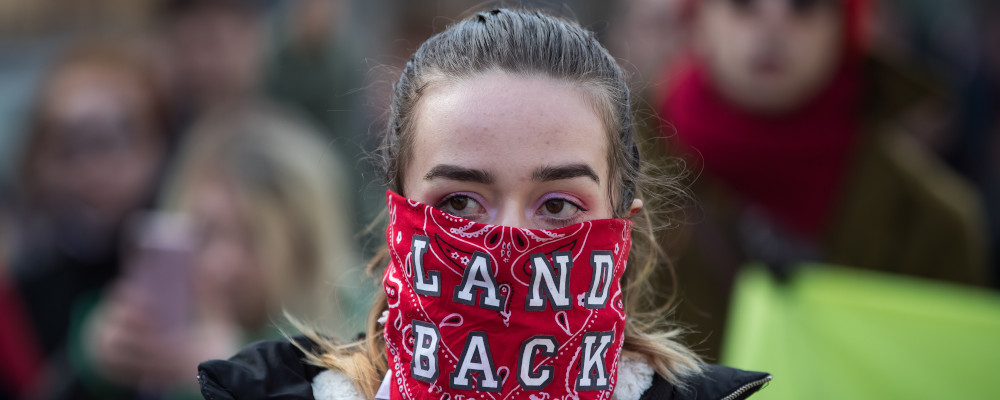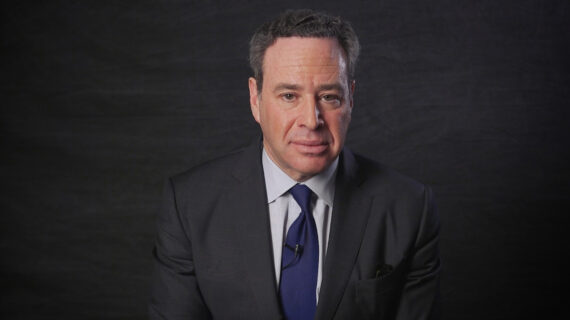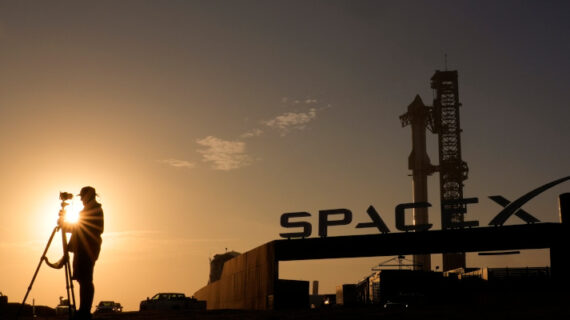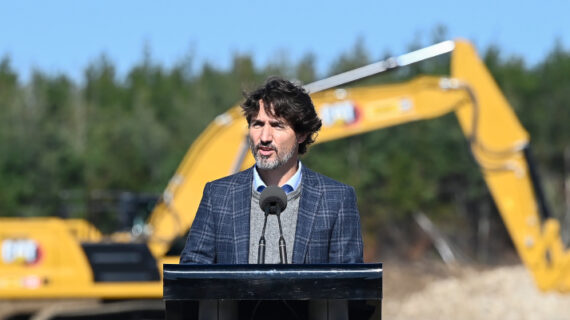When the Líl̓wat Nation and the N’Quatqua First Nation announced a unilateral five-week closure of Joffre Lakes Provincial Park with no notice, it was despite the fact that they had no legal authority to do so. Nonetheless, the B.C. government’s response was to quietly acquiesce, posting that the popular park was “currently inaccessible” and dispatching park officials to turn hikers away.
This follows years of policies that have increased decision-making powers for Indigenous governments and sought agreement on the management of public lands. However, as in any pluralistic society, the interests of different parties often differ and agreement cannot always be reached.
This is where democratic principles come into play.
In a democracy, competing interests are balanced by elected decision-makers. This means that through our chosen representatives, we have a say in the rules we live by. We have a role in electing those who make decisions on our behalf, and we hold them accountable in subsequent elections, helping ensure they act in our interests.
Popular rule demands inclusion, and unfortunately Canada has historically fallen far short of this standard. Women did not have the right to vote until about 100 years ago. For Asian Canadians, it was 1948, and only in 1960 did Indigenous Canadians get to vote without conditions.
Such exclusionary practices were deeply unjust, but even the gravest of past wrongs cannot justify circumventing fundamental democratic principles today. It’s imperative that the principle of popular rule remains intact even when we look at ways to address injustices or achieve other worthy goals.
The B.C. government’s adoption of the UN Declaration on the Rights of Indigenous Peoples four years ago is exactly this kind of well-intentioned initiative, with troubling consequences that are more obvious in cases like the Joffre Lakes closure.
The Declaration was cited by the Nations in their notice shutting down the park, including its provision that Indigenous people have the right to participate in decision-making in matters that affect their rights. This provision itself is not problematic from a democratic perspective.
Indeed, the Supreme Court of Canada has made it clear that there is a duty to consult and, where appropriate, accommodate Indigenous groups affected by government decisions. However, it has not established a veto for Indigenous groups, and in cases of dispute, has instead left room for governments to proceed with decisions justified by the broader public interest.
This is generally consistent with democratic principles because there is an accountability relationship between federal/provincial decision-makers and the citizens (including Indigenous people) who elect them. Not everyone will agree with every decision, but they do get to reward or punish their representatives at the ballot box.
This is not the case in a scenario where Indigenous groups make unilateral decisions that affect the broader public, since over 95 percent of British Columbians who are not Indigenous have no role in electing leaders of those communities. In fact, Indigenous people themselves have no ability to select the leaders of the 200-plus Indigenous communities in B.C. other than their own. When one combines non-Indigenous and Indigenous British Columbians from communities other than the one making a given decision, it is troubling to see a lack of an accountability relationship with about 99.9 percent of the population.
In this way, Indigenous and non-Indigenous British Columbians alike may increasingly find themselves subject to decisions made by leaders they cannot hold accountable. More concerningly, if we are to accept the premise of the Joffre Lakes closure, this may become the case across the vast majority of B.C.’s land area.
The Joffre Lakes closure was done on the basis of the park being within the Nations’ traditional territory, where title has been asserted but not proven, as former B.C. Deputy Minister of Energy and Aboriginal Law expert Robin Junger has pointed out. While Aboriginal rights are protected by the Constitution, this does not give Indigenous groups the right to act unilaterally without consideration of the public interest, especially in cases where title has not been established.
If the position of the Nations is that the assertion of title confers the right to prohibit access to public spaces, then it should be noted that 95 percent of B.C.’s land mass is claimed as unceded traditional territory by one or more of the province’s 200-plus Indigenous groups. If unilateral action is deemed an acceptable response to inevitable disagreements, it is fair to ask what would prevent such action not just in other parks, but in relation to any public (or even private) lands across B.C.
Speaking on this issue, Indigenous lawyer Hugh Braker is quoted as saying: “I respect the right of First Nations to do in their traditional territory what they wish,” and “I think we should do more of that in British Columbia.” It goes without saying that over 200 groups arbitrarily doing “what they wish” on 95 percent of B.C.’s land, in the absence of any democratic relationship with over 99.9 percent of the affected public is a recipe for serious strife.

This can be further extrapolated to the natural resource sector, which is crucial to B.C.’s economy and thus significantly affects the broader population. The Declaration requires that states must work with Indigenous people to obtain their “free and informed consent prior to the approval of any project affecting their lands or territories and other resources.”
Again, meaningfully seeking input from Indigenous groups is entirely consistent with democratic principles and is already required by the courts. However, the requirement for Indigenous consent raises concerns, since reaching agreement will not always be possible.
If this standard had been applied, for example, to the Site C project, it would never have been built. It is not a stretch to see how scenarios like Joffre Lakes could set a precedent that decisions affecting the vast majority of B.C.’s land may be made by bodies with no democratic connection to those affected. The B.C. Minister of Mining’s comment that, when it comes to First Nations, “our approach to natural-resource development must be done in collaboration and partnership with the rightful owners of the land” suggests a wide interpretation of the concept of title that makes this scenario all the more likely.
B.C.’s original bill adopting the Declaration was passed unanimously in 2019, with all three parties in the legislature saying it would not in itself immediately affect existing laws but rather serve as a guiding framework according to which the law will be gradually re-defined. Despite the initial fanfare, it will be these less-exciting measures that will change the law itself, and careful attention must be paid to how that takes place.
The legitimacy of our governance system is founded on the democratic principle of popular rule: that “the people” are the authors of the rules that bind them, through an accountability relationship between governors and the governed. The Joffre Lakes situation is a warning that, no matter how well-intentioned reconciliation initiatives are, bypassing this simple principle cannot be justified.




